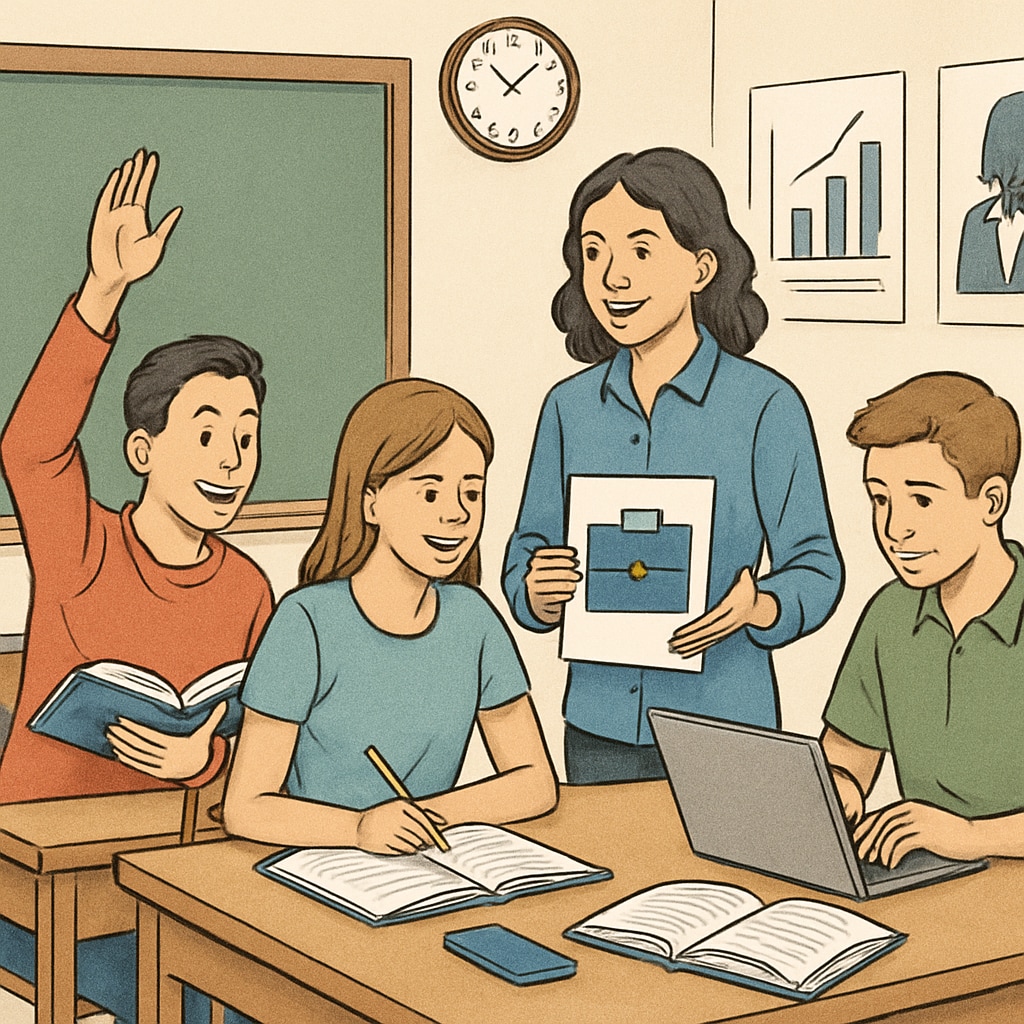The University of California has long been a benchmark for academic excellence, but its employment-related challenges reveal a deeper issue tied to the K12 education system. Currently, K12 schools prioritize ensuring students are prepared for college admissions, often at the expense of equipping them with lifelong learning abilities and career-readiness skills. This article will explore why we need to rethink this approach and how a balanced curriculum can create pathways for both academic and professional success.
Why College Preparation Alone is Not Enough
K12 education often revolves around standardized testing, rigorous coursework, and extracurricular activities—all designed to make students competitive for college admissions. While this focus has its merits, it does not guarantee success in the modern workforce. For example, many graduates face “employment issues” after completing their degrees, especially when lacking practical skills such as communication, financial literacy, and problem-solving.
In addition, research shows that students who are exposed to vocational training and career exploration during their K12 years are better equipped to adapt to evolving industries. A report from Britannica highlights the growing need for educational reforms that address both academic and non-academic development.

Integrating Lifelong Learning and Career Readiness
To address these gaps, educators and policymakers should prioritize a dual approach that balances academic rigor with practical skill-building. Lifelong learning is essential in today’s rapidly changing job market, where adaptability and continuous self-improvement are key. Career readiness programs—such as internships, mentorships, and vocational courses—can complement traditional academic pathways by giving students hands-on experience.
For example, the University of California has piloted initiatives that connect K12 students with university resources for career exploration. These programs aim to reduce employment-related challenges by fostering early exposure to diverse fields.
- Incorporate project-based learning to teach critical thinking and collaboration.
- Offer financial literacy courses to prepare students for personal and professional life.
- Encourage partnerships with local businesses to provide internships for high school students.

How Schools Can Lead the Change
Schools have the unique opportunity to redefine education by moving beyond college preparation and embracing a more holistic approach. By integrating real-world skills into the curriculum, educators can prepare students not only for academic success but also for fulfilling careers. As a result, students will be better equipped to tackle “employment issues” that arise after graduation.
Furthermore, collaboration between universities like the University of California and K12 schools can create a seamless transition from high school to higher education and the workforce. A comprehensive system that values both academic achievement and practical experience will ultimately produce well-rounded individuals capable of thriving in various aspects of life.
Readability guidance: This article uses concise paragraphs and incorporates lists to summarize key points. It ensures an even distribution of keywords while maintaining a professional tone. By leveraging external references and images, it provides a balanced and engaging discussion on K12 education reform.


